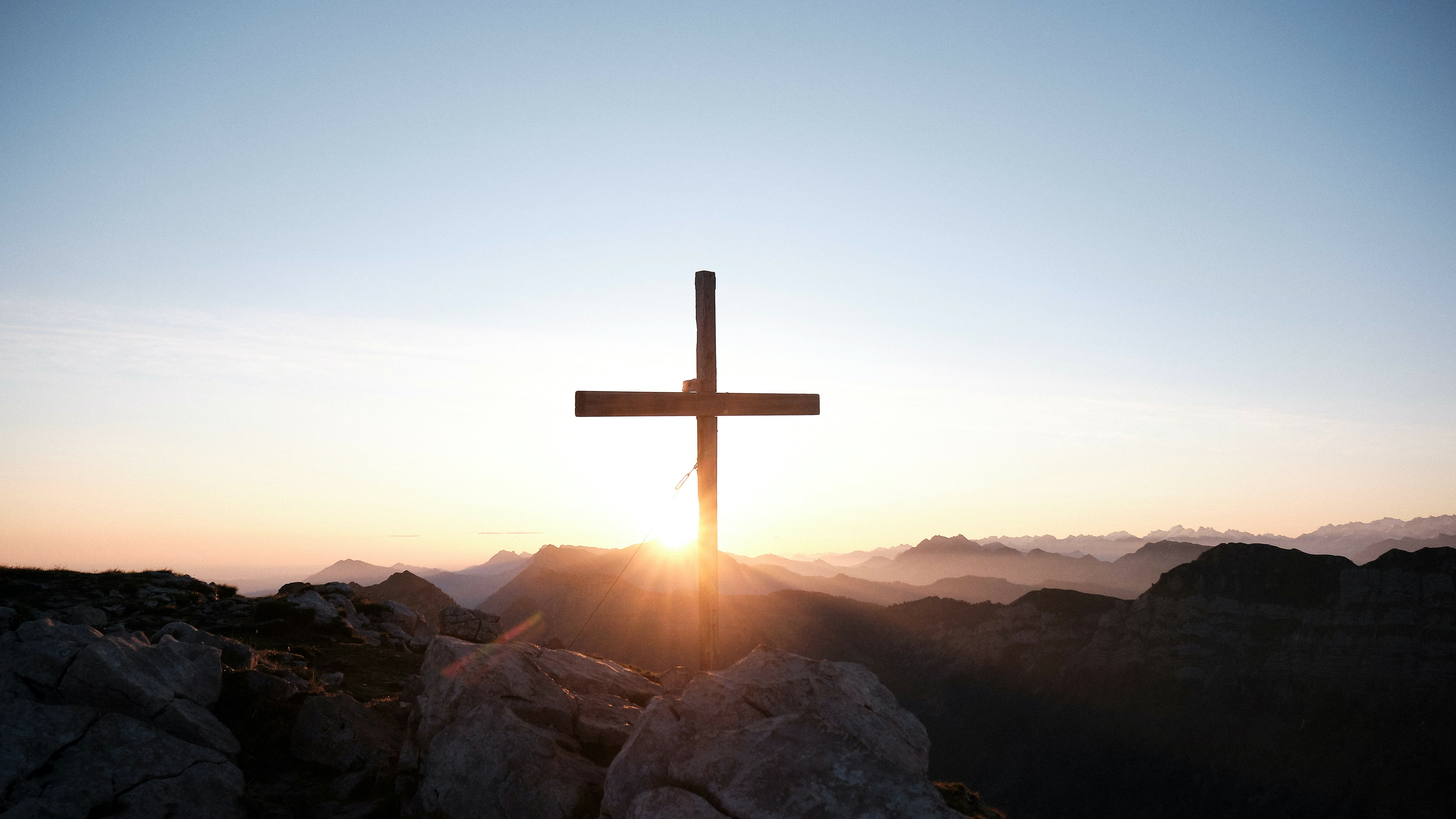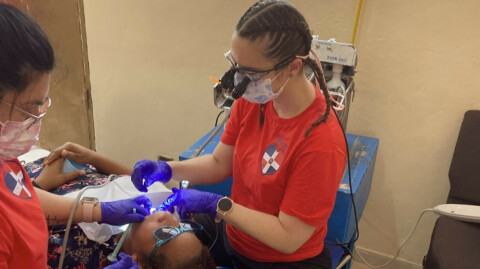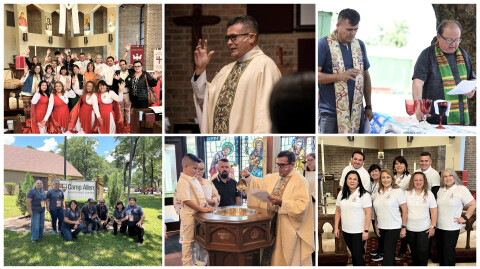TLDR: My father’s faith was a practical faith, deeply rooted in the rhythms of life and death found all over the farm. He saw God in every blade of grass, and knew that God was found both in victory and in tragedy. Read on to learn more about the lessons his faith teaches us.
Walking the fields at the family farm I came to the realization that sometimes my faith becomes overly spiritualized. I love symbols, signs, images, word-pictures, and metaphors. Looking at the impressive mountains of the Western Cordillera in the Andes, I saw God everywhere: The sun rising early in the East; the fog lifting from the mountains early in the morning, like a large sheet being removed slowly from a beautiful work of art; the bright green of the fields, made more luminous by the early morning sun; the fruit trees filled with flowers, pregnant with the promise of a bountiful harvest in the Spring; the beautiful cattle, grazing contentedly on the hills, without a care in the world; the majestic horses eating their morning rations of freshly cut sugar cane in their stalls; and the workers and their children bantering lovingly as they did their chores. How can anyone not find God in those mountains?
I believe God can be found in art, in dreams, and in natural beauty. Faith in the God who is present in the spectacular, the extraordinary, and the transcendental comes at a cost, however. This type of faith runs the risk of becoming overly internalized and intellectual. Screwtape, the famous devil in C. S. Lewis’ The Screwtape Letters advises his nephew, Wormwood, a junior tempter, to encourage this type of faith in his patient (the human whose soul he is in charge of damning.) The goal for Wormwood is to keep the faith of his patient aloof, disconnected from the earthly plane on which humans lead their lives, and overly concerned with lofty thoughts. For Lewis, however, faith has a practical dimension that takes place in the real world where imperfect humans lead their lives. The fact that Christ became incarnate, choosing to become human and dwell within humanity, brings faith down from the lofty places of heaven to the gutters, valleys, and hills of our island home. Intellectualized faith finds God in the thunder and the storm, while not seeing him in a simple blade of grass. It finds God in the sweet smile of a child, but not in the bitter tears of a mother who has just lost her child. It finds God in the subjective world of our spiritual life, but not in the grit, muck, and sweat of our daily work and relationships. Lewis believes it is easier to pray for justice than to work for it, and to pray that the hungry might be fed, than to do something to feed them.
This “realism of our faith” applies to prayer as well. There is a temptation to pray for lofty and grand ideas like peace on earth, environmental responsibility, and an end to hunger around the world. This is fine and good, as long as we don’t forget to pray for this particular family in need of peace and reconciliation here and now, for our own willingness to engage in environmental care, and for our daily bread. As Lewis reminds us, prayer is always concrete in some sense. Intercessory prayer that doesn’t have a specific need, person, or situation in mind is nothing but empty words.
Scholastic theology, in some circles, was so concerned with lofty ideas that monks are said to have gathered for hours to discuss how many angels fit at the tip of a clothes pin. This type of activity if fun as an intellectual exercise, but void of any thought about breathing, suffering, loving, and dreaming humans, there is little to gain from it. I use the expression “thoughts about humans” as an active process of bringing them to mind, but also acting on their behalf, loving them in their imperfections, as God loves us in our own imperfection.
My father’s faith was a practical faith, deeply rooted in the rhythms of life and death found all over the farm. He saw God in every blade of grass, and knew that God was found both in victory and in tragedy. Farming in my childhood was an activity filled with a fair amount of anxiety, but also filled with dreams and hope. The anxiety came from having to turn a profit in a depressed coffee-growers market. The heartbreaking reality of farming in Colombia in the 1980’s and 1990’s (and in some cases still today) was that by the time you got to harvest time, you already owed the bank (or vendors in town) almost the complete price of the harvest yield. I remember years when the hard work of harvest gathering yielded barely enough for farm expenses for a month or two. My heartbroken father would give us a sad smile and proudly say, “God will provide. Maybe the next harvest will be big enough to make up some ground.” Heartache, hope, and faith all mixed in that quiet, sad smile. And he meant it! God would provide somehow, and God always did. Through hard times and times of plenty, my father never lost the belief that the God who hid in the grass and trees, and in the running water of his beloved river, was a provider who loves his creation in indescribable ways.
As I walked through the beautiful, self-sustaining, modernized farm, I thought of my father. How he would have loved this successful, thriving, and welcoming hobby farm with which his children replaced the old, tired, indebted, and heartbreaking commercial farm! I think he would have even approved of my siblings’ decision to uproot all coffee plants and burn them, in a joyful offering to the gods of fruitless efforts. Those fields are now covered with bright, green grass that feeds beautiful, noisy, and majestic cattle. He would have loved the new life that replaced the “grapes of wrath” his coffee plantation had become in those days when faith was all we had.
While walking the steep incline of one of my favorite fields at the farm, I made a resolution: I will become more fully present in every space in which I show up. I will pay closer attention to the ways in which God makes himself known in our world. I will learn to see his presence in every face I meet, in every stressful event I encounter, and in every moment of joy and heartache. I will pray with intentionality that he may allow me to experience his love both in the highs and in the lows of everyday life. Finally, I will seek to receive with thanksgiving the gifts God gives me in the undulating rhythms of church life. And, when I fail to see God in my own life, I will pray for the ministry of brothers and sisters in the faith to help reorient my vision, that I may see God’s son, Jesus of Nazareth, leading me in the way he wants me to go.
May he continue to bless you,
Fr. Roman+





